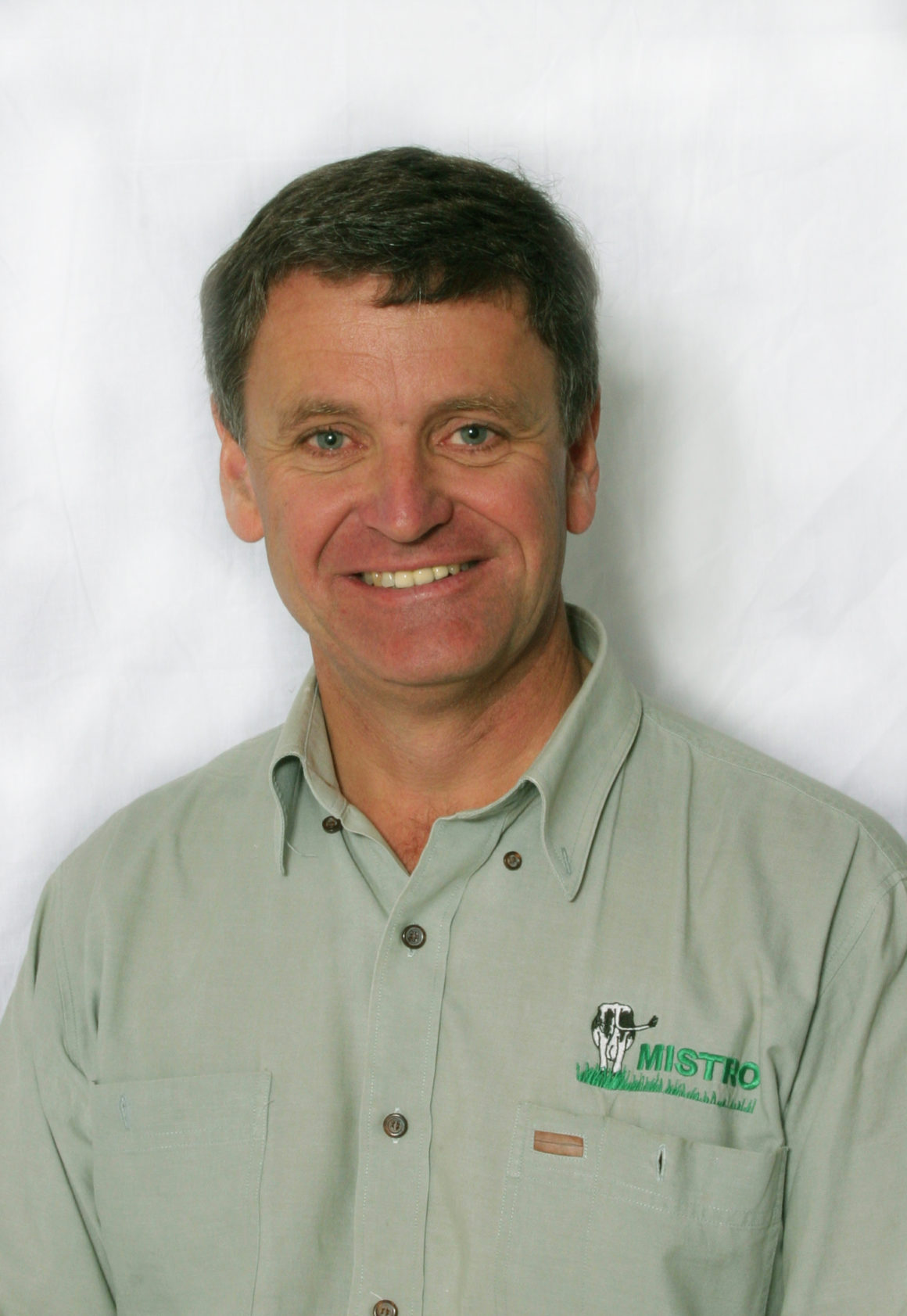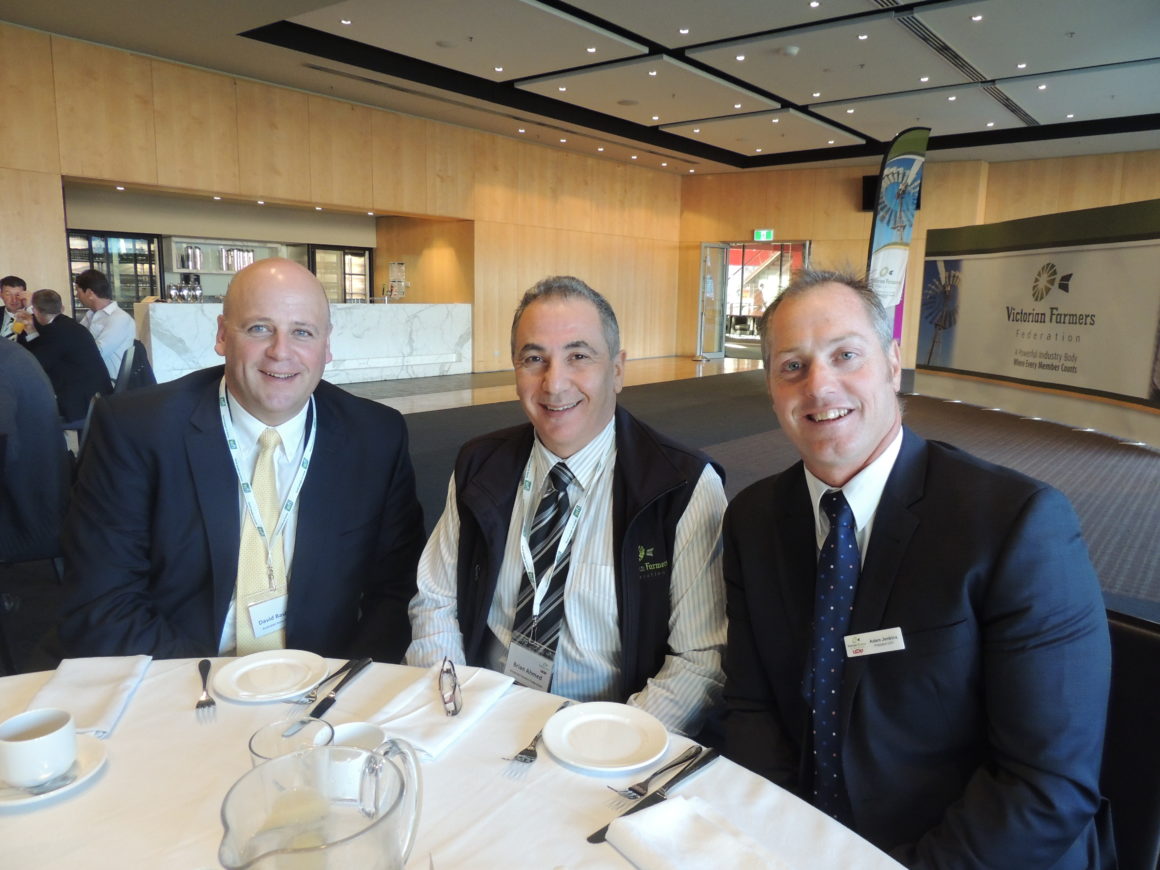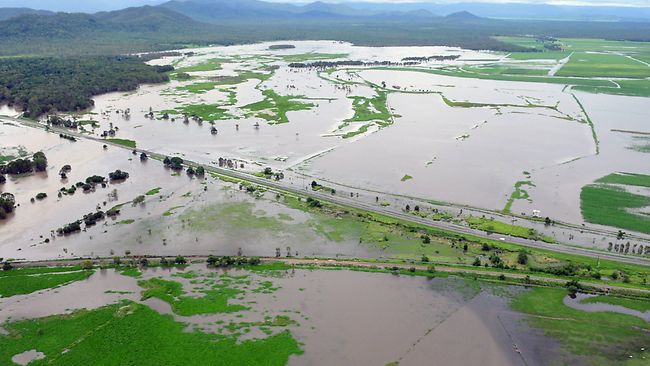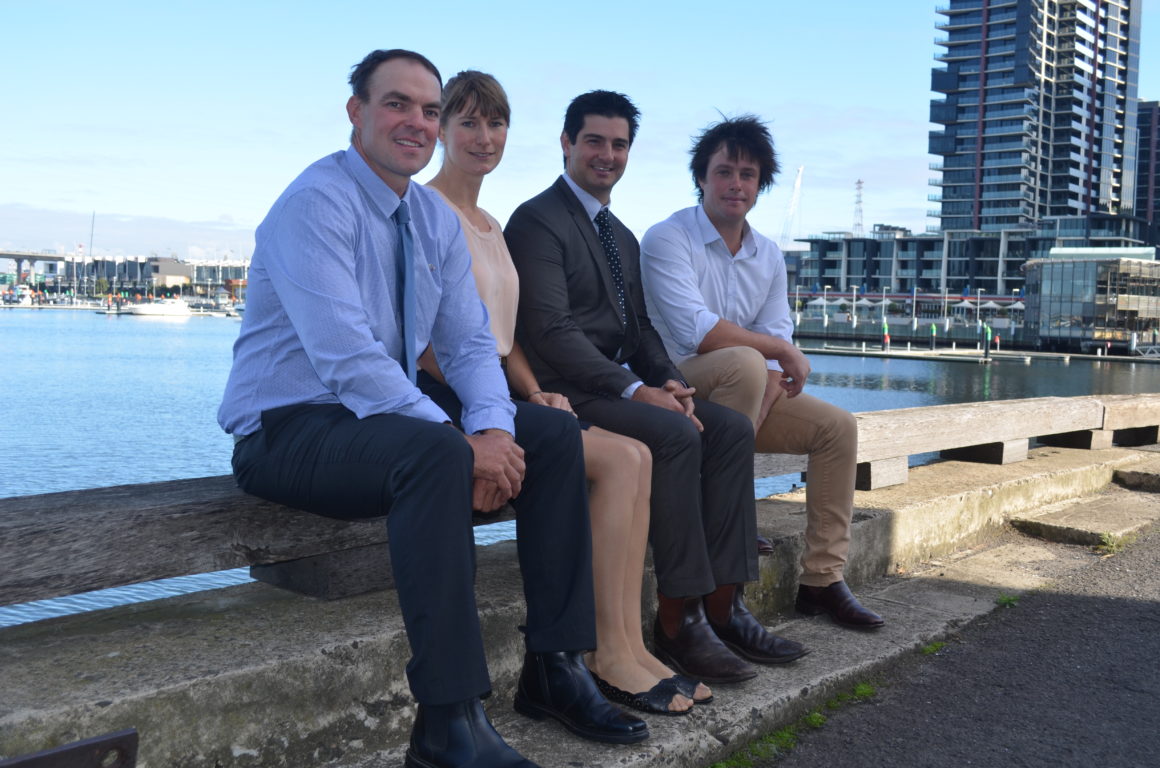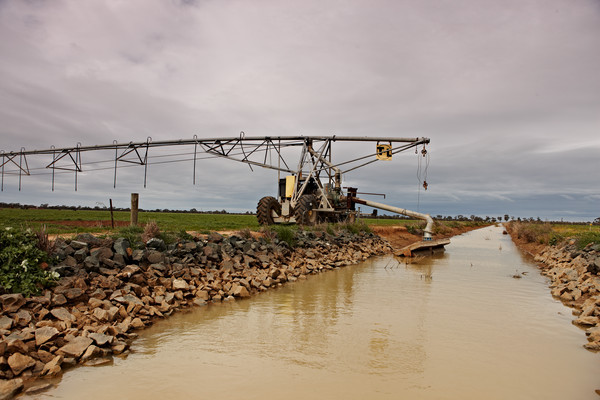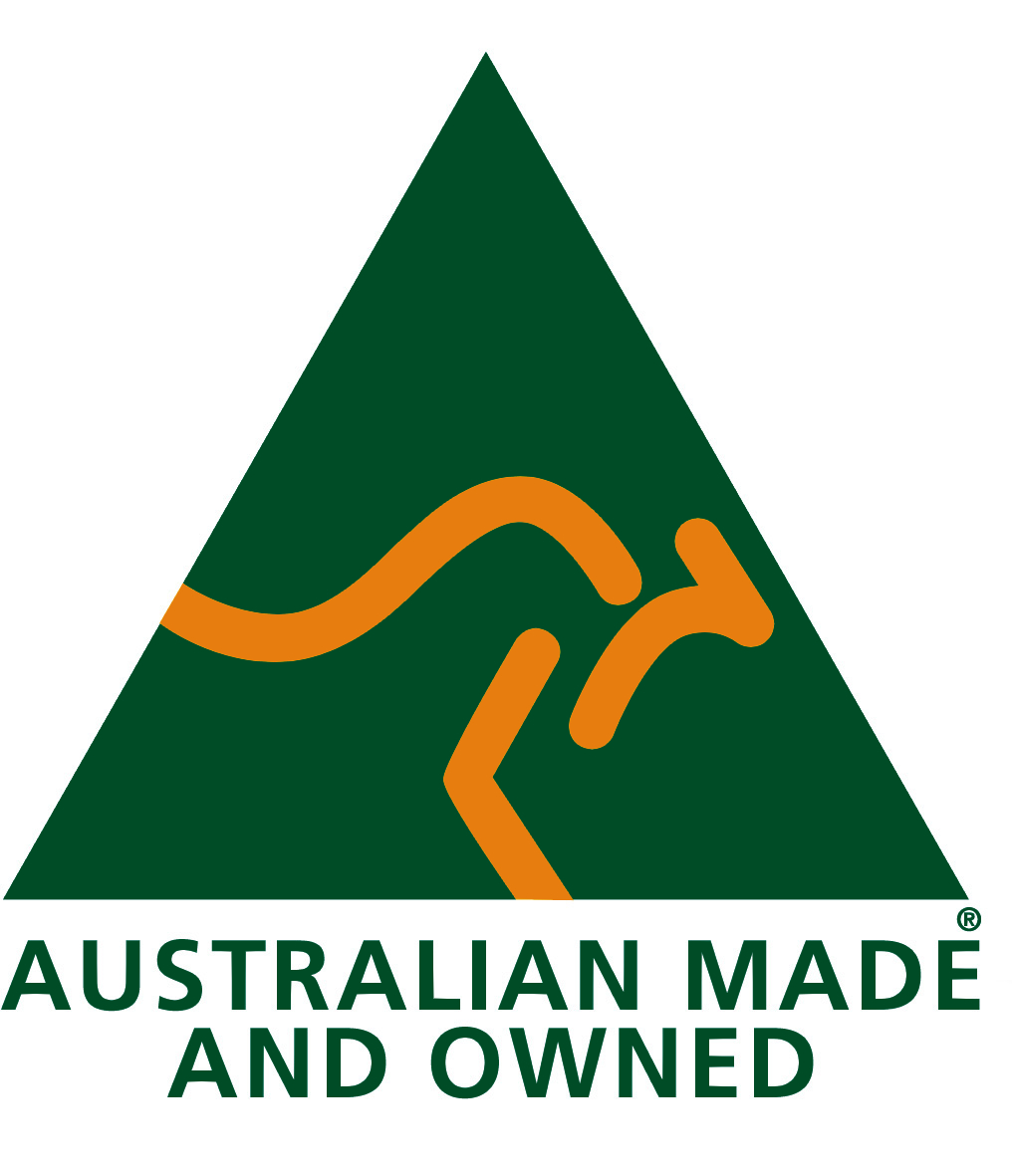Two short videos are online to explain changes to Australian Breeding
Values (ABVs) and indices.
The bull choices farmers make for every joining have a long term impact on the profitability of their herd. Farmers now have access to a broader range
of communication forms, including animations, e-news and social media components in addition to the traditional media and web services.
Australian Dairy Herd Improvement Scheme (ADHIS) Extension and Education Manager, Michelle Axford said that ADHIS is committed to providing new and exciting
content delivered across the most popular platforms.
“The science behind ABVs is complex, but how we use them to make good decisions doesn’t have to be.
“Providing practical breeding information across a range of devices will help farmers when choosing bulls,” Mrs Axford said.
Sign up to Genemail, the ADHIS e-news
Follow us on Twitter @ADHIS_Dairy
For more information or to arrange a presentation to your organisation, please contact ADHIS Extension and Education Manager, Michelle Axford on 0427 573
330 or maxford@adhis.com.au


